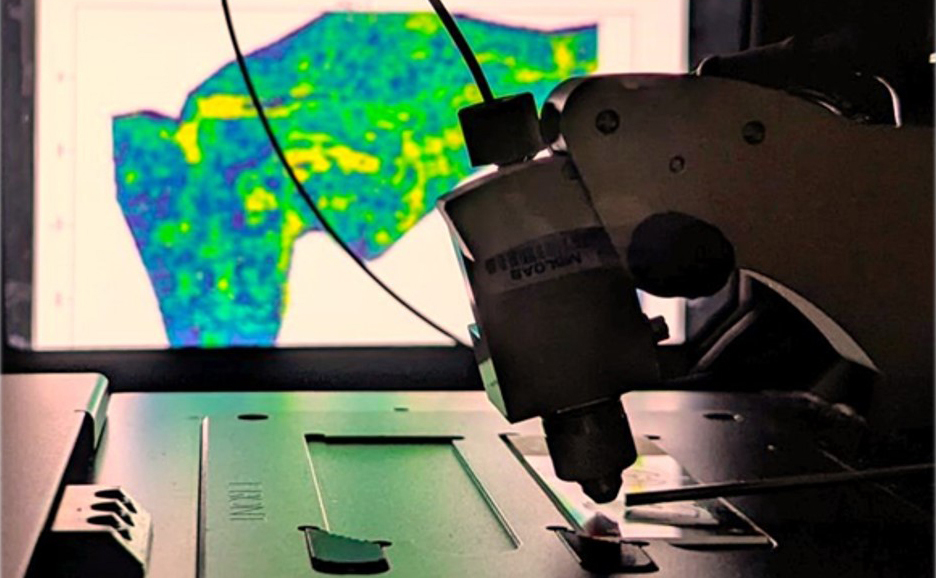
Research indicates that the temperature at which hot beverages are consumed could significantly impact health, particularly concerning cancer risk. A study from the United Kingdom involving nearly 500,000 adults has established a correlation between the consumption of very hot drinks, specifically tea and coffee, and an increased likelihood of developing oesophageal cancer.
Understanding the Risks Associated with Hot Drinks
The International Agency for Research on Cancer categorized drinking beverages at temperatures exceeding 65°C as “probably carcinogenic to humans” in 2016. This classification places very hot drinks in the same risk category as certain environmental pollutants and excessive red meat consumption. The primary concern is not the beverages themselves, but rather their extreme temperatures.
Research has predominantly focused on regions such as South America, where traditional drinks like maté are often consumed at around 70°C. Studies have linked high consumption rates of these hot beverages to a greater incidence of oesophageal cancer. This trend has been observed in various populations across the Middle East, Africa, and Asia, prompting further investigation into the impact of hot drink consumption in Western countries.
A recent large-scale study in the UK has provided substantial evidence to support these findings. It revealed that individuals consuming eight or more cups of very hot tea or coffee daily were almost six times more likely to develop oesophageal cancer compared to those who did not regularly consume hot beverages.
Mechanisms of Damage and Recommendations for Safe Consumption
The mechanism behind this increased cancer risk is believed to stem from cellular damage in the oesophagus caused by chronic exposure to high temperatures. Research dating back nearly 90 years first suggested this link. Studies on animals have shown that exposure to water at temperatures of 70°C can lead to precancerous growths in the oesophagus.
Additionally, it is posited that the heat may compromise the oesophagus’s protective lining, making it more susceptible to damage from gastric acid reflux. Over time, this ongoing damage could heighten the risk of developing cancer.
The amount and manner in which hot beverages are consumed also play a crucial role in determining risk. Research indicates that larger sips can significantly elevate the temperature within the oesophagus, increasing the potential for heat-related injuries. In one study, large sips of coffee at 65°C raised the oesophageal temperature by as much as 12°C. While an occasional small sip is unlikely to pose significant risk, consistent consumption of large volumes of very hot drinks may be detrimental.
To mitigate risks, experts suggest allowing hot drinks to cool before consumption. For instance, takeaway beverages are often served at temperatures around 90°C, which can pose health risks if consumed immediately. A study from the United States has proposed an optimal drinking temperature for coffee at 57.8°C, balancing taste with safety.
In conclusion, while enjoying hot beverages remains a cherished ritual for many, awareness of the potential health risks associated with high temperatures is essential. Slowing down and allowing drinks to cool before consumption can help reduce the risk of long-term health issues. As noted by Vincent Ho, Associate Professor and Clinical Academic Gastroenterologist at Western Sydney University, it is important to prioritize safety while enjoying these beverages.





